Developing Lebanon's economy, which faces major structural, political, and financial challenges, requires a multidimensional approach. What are the main possible strategies, based on an analysis of the country's economic dynamics and realities?
Enable macroeconomic stabilization:
Reform the banking system:
The 2019 banking crisis paralyzed the economy. Bank restructuring, with transparent auditing and recapitalization, is essential to restore confidence and boost credit.
Stabilize the currency:
The Lebanese pound has lost more than 90% of its value since 2019. Adopting a credible monetary policy, potentially through a temporary peg to a foreign currency or a currency board regime, could curb hyperinflation.
Reducing public debt:
A debt restructuring plan, through negotiations with international creditors and securing support from the IMF, is crucial to ease the fiscal burden.
Institutional reforms and the fight against corruption are essential:
Strengthening governance:
Endemic corruption is holding back investment. Establishing transparent institutions, an independent judiciary, and rigorous anti-corruption mechanisms is a priority.
Reforming the public sector:
Reducing bureaucracy, modernizing the administration, and privatizing certain inefficient state-owned enterprises (such as Electricité du Liban) would improve service delivery and reduce deficits.
Productive sectors must also be revived:
Tourism:
Lebanon has significant tourism potential (cultural heritage, gastronomy, landscapes). Investing in tourism infrastructure and promoting a positive international image can boost this key sector.
Agriculture and Agribusiness:
Supporting local farmers, modernizing technologies, and encouraging exports (particularly to the Gulf countries) could create jobs and generate foreign currency.
Technology and Innovation:
Lebanon has a skilled workforce. Developing technology hubs, encouraging startups, and attracting digital investments (such as in the Beirut Digital District) can diversify the economy.
Expanding Infrastructure Investment:
Energy: Addressing the chronic energy crisis by investing in renewable sources (solar, wind) and reforming the electricity sector to ensure a stable supply.
Transportation and Logistics: Modernizing the Port of Beirut (rebuilt after the 2020 explosion) and improving road infrastructure to strengthen regional trade.
Supporting SMEs and Entrepreneurship:
Small and medium-sized enterprises represent a significant portion of the Lebanese economy. Facilitating access to financing, reducing administrative barriers, and offering tax incentives would encourage their growth.
Creating special economic zones with tax breaks to attract foreign investors.
Strengthening human capital will be necessary.
Education and training: Invest in education and vocational training to align workforce skills with market needs.
Retaining talent: Brain drain is a major problem. Incentives (quality jobs, stability) are needed to retain young graduates.
Encouraging international and diaspora cooperation:
International aid: An agreement with the IMF, conditional on reforms, could provide financial support and a framework for recovery.
Mobilizing the Diaspora: The Lebanese diaspora, estimated at over 10 million people, can play a key role through investments, remittances (already 38% of GDP in 2023), and the transfer of know-how.
Economic Diversification:
Reduce dependence on imports by developing local industries (textiles, agri-food).
Explore the potential of offshore resources (natural gas) with transparent management to avoid corruption.
Major Challenges:
Political Instability: Without political consensus and stable governance, reforms risk stagnating.
Regional Conflicts: Geopolitical tensions, particularly with Israel and the situation in Syria, affect security and investment.
Social Crisis: With over 80% of the population below the poverty line (2023), emergency social programs are necessary to avoid a humanitarian crisis.
Lebanon’s economic development is therefore based on financial stabilization, bold structural reforms, the mobilization of the diaspora and the diversification of productive sectors. However, implementation will depend on strong political will and international cooperation.


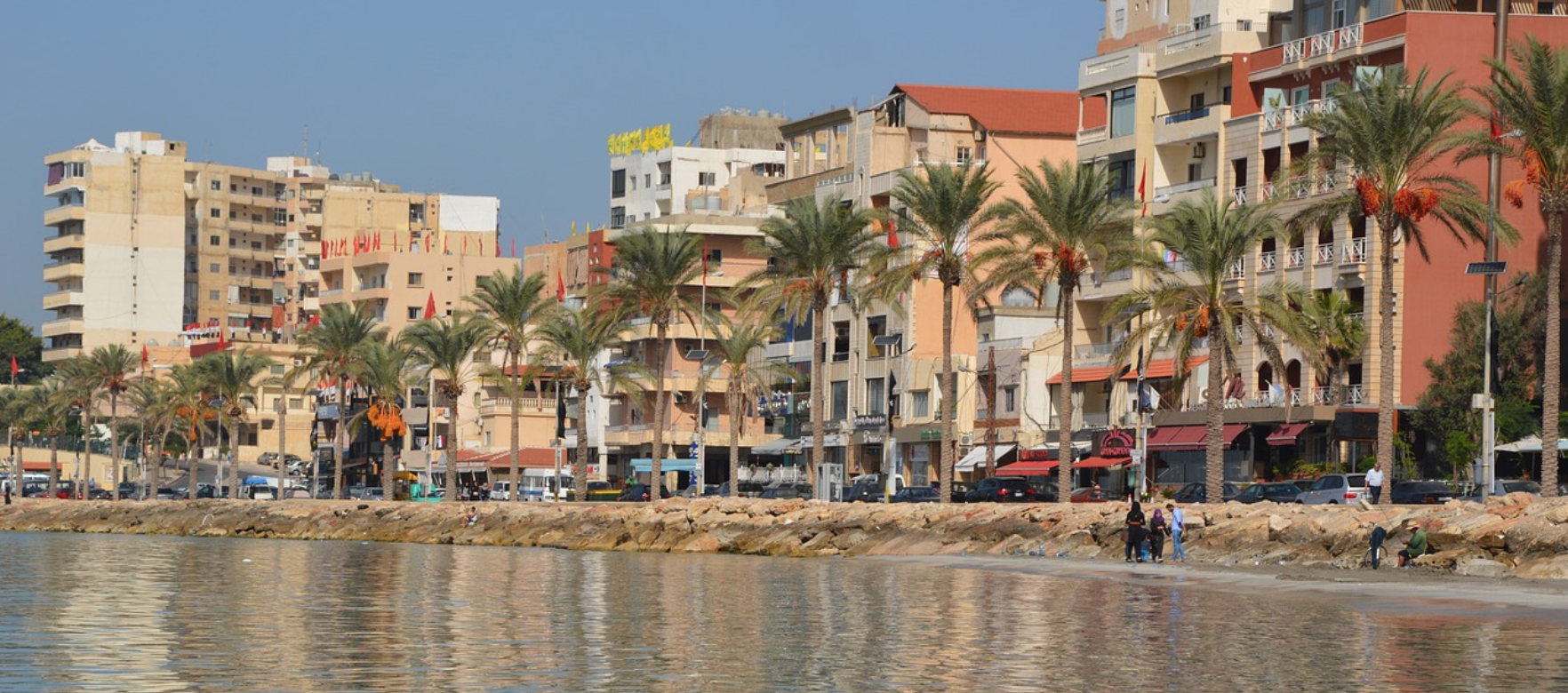
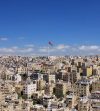


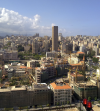

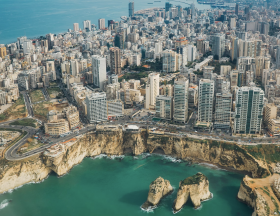

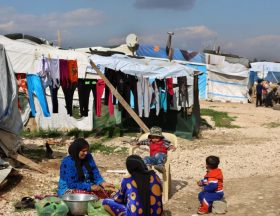
Réagissez à cet article